Video Feature: 13 Great Series That Someone Else Screwed Up
When licensing and franchising go horribly wrong, previously brilliant games (and their fans!) are the ones who suffer.
This article first appeared on USgamer, a partner publication of VG247. Some content, such as this article, has been migrated to VG247 for posterity after USgamer's closure - but it has not been edited or further vetted by the VG247 team.
By definition, a franchise is a property or concept that is licensed, sold, or distributed for exploration by someone besides its creator. At some point, nearly any successful video game series becomes a franchise as its publisher looks to maximize profits by handing a game's concept, world, or characters to an outside party.
Maybe the original creators have departed the company. Maybe the publisher simply wants more frequent output than the original studio can produce. Whatever the case, franchising is the point at which a successful game takes on a new life. A rite of passage.
Often, though, that new life isn't a happy one. While some game concepts pass happily into new hands, all too often franchising marks a shark-jumping point for a series. And even series that enjoy largely successful franchises often end up with one or two skeletons in their closets – examples of licensing that went horribly wrong. Such as these unlucky 13 franchises that we love very much... despite that one time some other studio totally dropped the ball.
Castlevania
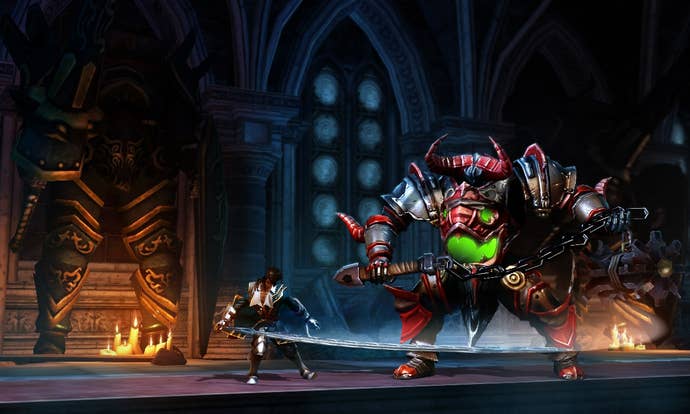
Castlevania: Lords of Shadow: The Mirror of Fate
Mercurysteam | 2013 | Nintendo 3DS
Mercurysteam tried to bring their Lords of Shadow feel into the 2D metroidvania style without ever stopping to ask, "Is this a good idea?" Incredibly boring, shallow, and slow-paced, with tedious combat and idiotic QTE-based boss battles, Mirror of Fate is truly the worst of both worlds.
Final Fantasy
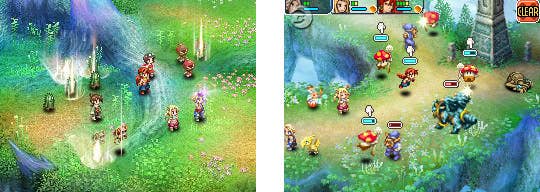
Final Fantasy XII: Revenant Wings
Think & Feel | 2008 | DS
With its hands-off combat style, FFXII would have scaled down into a great touch-based portable game, but instead of going with something true to the source Think & Feel made a brain-dead strategy game of it. Simplistic and pointless, with a story that fails to capitalize on the original's strengths.
Halo
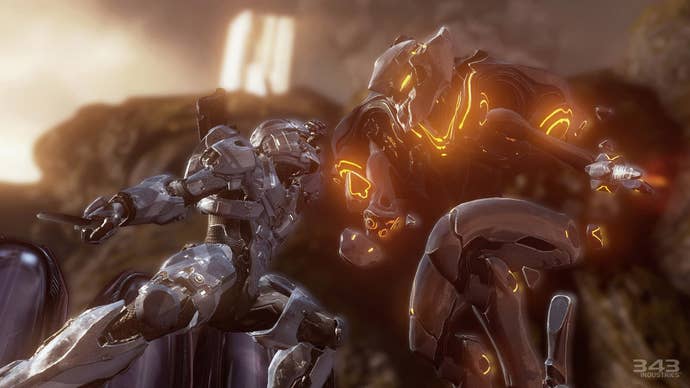
Halo 4
343 Industries | 2012 | Xbox 360
Halo 4 looks amazing, but it didn't play quite like Halo fans expected. Multiplayer tried too hard to be Call of Duty, and that ended up spilling over into the rest of the game. The new enemies types were boring bullet-sponges, weapons lacked kick, and the story (as usual) was a confusing mess designed to sell tie-in novels. Given the sheer technical accomplishment of 343's work on the game, its shortcomings reek of executive meddling.
The Legend of Zelda
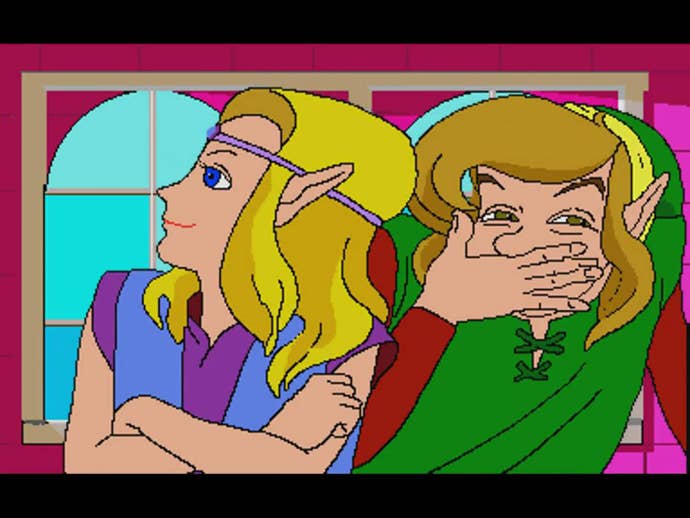
Link: Faces of Evil
Animation Magic | 1993 | CDi
Trashy gameplay, trashy graphics, trashy audio, trashy loading times, trashy cut scene animation. Remind us why Nintendo handed this series over to Philips to violate this way? Oh, right, to get one over on Sony. Yeah, that sure worked out.
Mario
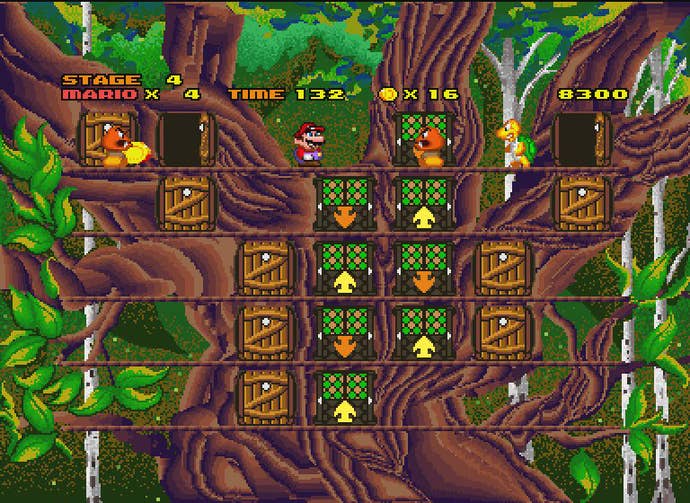
Hotel Mario
Philips Fantasy Factory | 1994 | CDi
A poor attempt to tap into the old-school Mario arcade action vibe hindered by awful controls, poor game design, and general CD-related sluggishness. Third parties rarely did justice to Nintendo's games in the pre-NES days, but this was on a whole other level of disgracefulness.
Mega Man
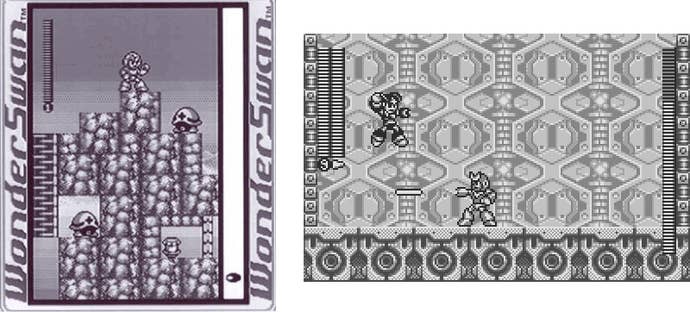
Rockman & Forte: Mirai Kara no Chousensha
Bandai | 1999 | WonderSwan
There was a pretty good Super NES/Game Boy Advance called Rockman & Forte/Mega Man & Bass. This has nothing to do with that; it was made by Bandai, who evidently had never created a video game before. Terrible level design, bosses, and powers make this the worst Mega Man game ever, even more wretched than those Hi-Tech Expressions PC games from the '80s. Plus, the game tried to take advantage of WonderSwan's ability to rotate 90º with terrible effect.
Metal Gear Solid

Metal Gear Solid: The Twin Snakes
Silicon Knights | 2003 | GameCube
A remake that completely missed the point. The cut scenes were over-the-top and campy in a bad way, and the new mechanics (imported backward from Metal Gear Solid 2) trivialized the action because the game wasn't redesigned to allow for things like first-person aiming.
Pitfall!

Super Pitfall
Pony Inc. | 1986 | NES
Ostensibly a remake of Pitfall II: The Lost Caverns, Super Pitfall played badly with clumsy controls, poor collision, arbitrary difficulty, and sloppy level design. Similar games have developed an affection reputation as lovably awful, such as Atlantis No Nazo (which was nearly published in the U.S. as Super Pitfall II). This game, however, is just a straight-up turd.
Prince of Persia

Prince of Persia 3D
Red Orb Entertainment | 1999 | PC/Dreamcast
With this game, Prince of Persia attempted to steal back the "methodical exploration and climbing" style of game from Tomb Raider, but went about it all wrong. It was slow, clumsy, and not very Prince of Persia-like. Sands of Time of time would get it right a few years later, but until then fans had to suffer this indignity.
Resident Evil
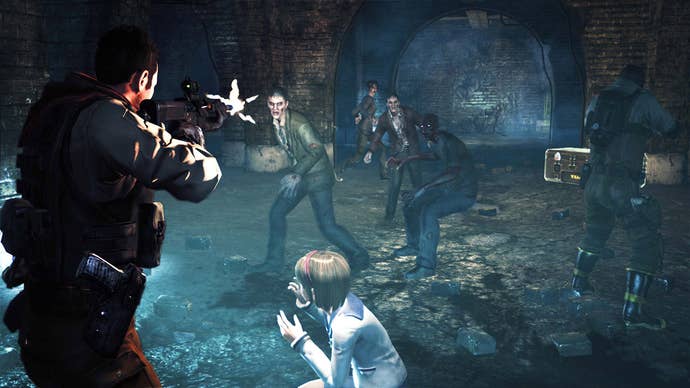
Resident Evil: Operation Raccoon City
Slant Six Games | 2012 | PC/PS3/Xbox 360
A well-intentioned attempt to make a pure, cooperative, multiplayer Resident Evil bogged down by poor controls, a lack of atmosphere, and derivative design that failed to improve in any way on its obvious inspiration, Valve's Left4Dead.
Spyro the Dragon
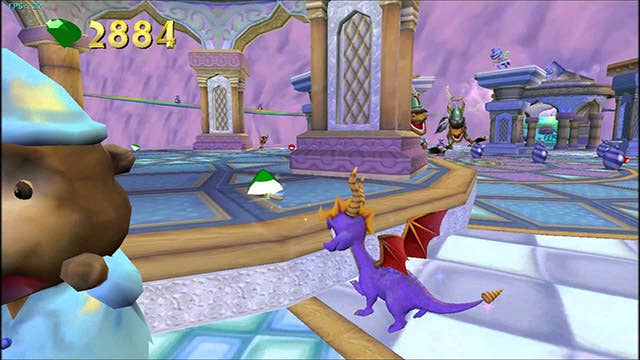
Spyro: Enter the Dragonfly
Check Six | 2002 | PS2/GameCube
A competent but unremarkable extension of the series, Enter the Dragonfly offered none of the innovation, wit, or creativity of Insomniac's original Spyro trilogy. A weak imitation.
Street Fighter
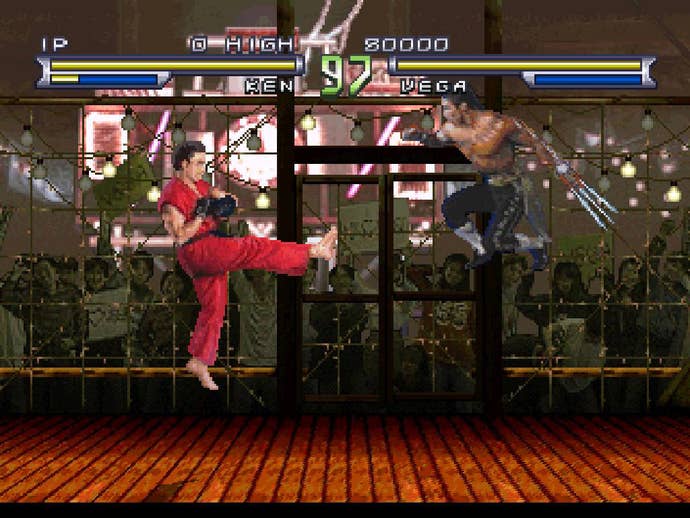
Street Fighter: The Movie
Incredible Technologies | 1995 | Arcade
It's not just the Mortal Kombat-style graphics that feel off in this film tie-in. The play control and mechanics don't quite work the way you'd expect from Street Fighter. It's more like a mash-up between Street Fighter, Mortal Kombat, and Killer Instinct. This is especially obvious with the new characters, who don't feel like Street Fighters. Plus, it's a film tie-in with a terrible, terrible film.
Strider
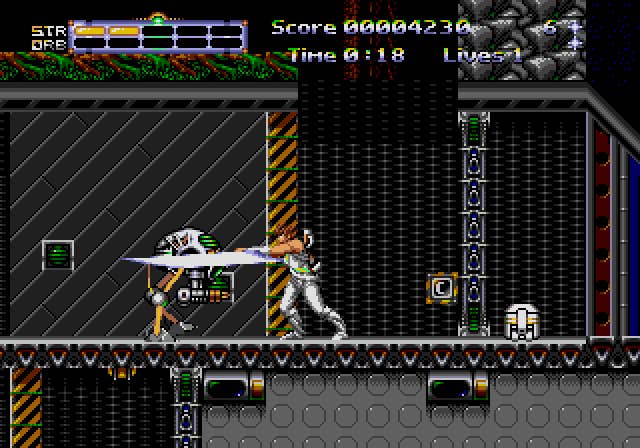
Strider II: Journey Into Darkness
Tiertex/U.S. Gold | 1992 | Genesis
Tiertex put together a pretty middling rendition of the arcade masterpiece Strider for home computers, and for some reason that caused Capcom to say, "Yes! We would love for you to develop a sequel." Which brings us to this joyless, boring slog that lacks the spark and spectacle of the original. In fairness, this started off as a completely different game, only to have the Strider brand tacked on by management. Frickin' management, man.


